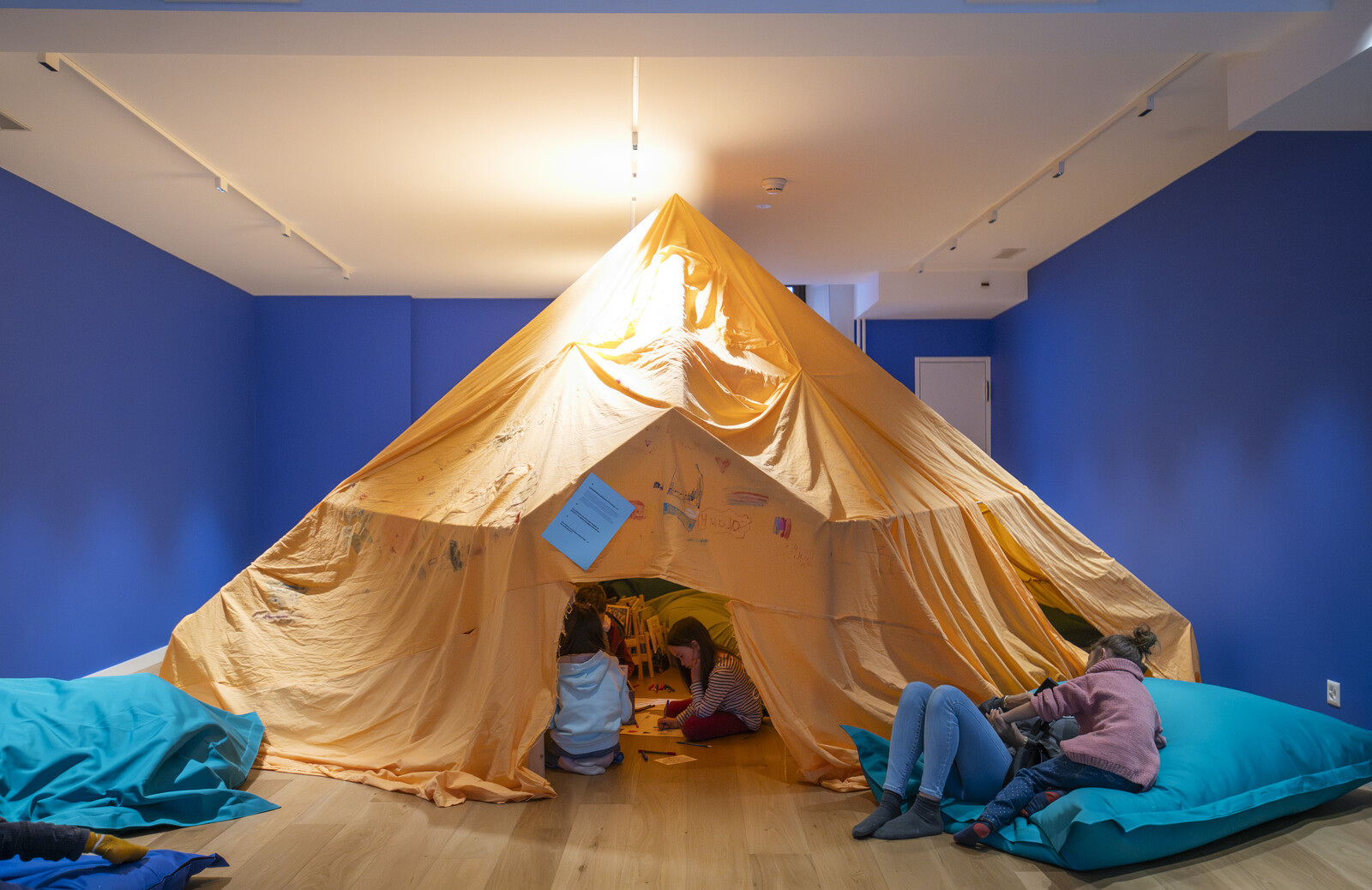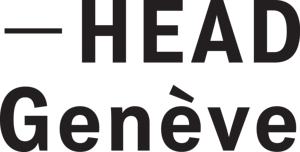Application deadline: March 25, 2024
Campus HEAD
Avenue de Châtelaine 5
1203 Geneva
Switzerland
T +41 22 388 51 00
info.head@hesge.ch
The TRANS master’s programme offers a practical and reflective framework for working on the relationship between art and society, using a situated, sustainable and ethical approach. This master’s programme is aimed at anyone wishing to integrate a reflection on collective modes of production, co-creation processes, questions of address and reception, as well as on art as a possible vehicle for social transformation, into their practice as an author and cultural actor.
The teaching formats of the master’s programme are based around the field of “socially engaged artistic practices”, which are varied approaches involving various groups of people in co-creation processes, educational exchanges or critical mediation projects.
The two years of study provide students with the tools they need to intervene as artists in social contexts, drawing on alternative, critical, feminist or anarchist pedagogies and developing a knowledge of contemporary issues in participation, informed in particular by research into inequalities linked to gender or social and cultural origin, ecology(ies) or the common(s).
In order to multiply intellectual and professional perspectives, the TRANS master’s programme invites artists/cultural actors/researchers to propose dialogical teaching formats that are nourished by their research.
The TRANS master’s programme emphasizes the importance of praxis (the ongoing interaction between theory and practice), which is put into practice in particular through collective projects that are placed at the heart of the students’ course. These practices, which are supported by the master’s programme, are developed over the long term in local and specific settings, while incorporating a global awareness. Conviviality and solidarity are central values in the teaching of the TRANS- master’s programme, and the entire community of learners offers many opportunities for informal exchanges.
Organization
The teaching sessions, which are run by the teaching team but also, in part, by the students themselves, seek to put into practice various alternative strategies to an individualistic and productivist approach to artistic practice.
To encourage exchanges and facilitate the emergence of forms of sharing and solidarity between students, a typical week is organized over three days of attendance (seminars, workshops, individual or group meetings) and two self-managed days (to strengthen collective projects and individual practices).
Each student has the opportunity to have a personal space in a collective workshop space. As well as enabling students to pursue a socially engaged artistic practice in a variety of contexts, the master’s degree opens up the prospect of professionalization in cultural mediation and work in formal or informal educational situations.
Courses are taught in French and English (translations are provided wherever possible). A B2 level certificate in French is required by June 30, 2024 (exceptions are possible).
Ongoing programm
This academic year, the students are involved in various collective projects with the City of Meyrin, the Foyer des Tattes (an accommodation centre for people who recently migrated in Switzerland) in Vernier, the Maison Rousseau et Littérature in Geneva and several community partners in the Charmilles neighbourhood.
As for each year, the groups produce a reflective piece of writing on these projects, which is presented in a common publication. These dialogical and collective practices, which are at the heart of the TRANS master’s programme, help to imagine other ways of doing things, other roles for artists to play, beyond the institutions dedicated to art.
The TRANS master’s programme is currently conducting research into the notion of ecopedagogy, a pedagogy based on dialogue, co-construction and care. This year, the ETC collective is working with students to create tools/spaces that can be reused within their course to create opportunities for exchanges, meetings and mobilization within the school and the neighbourhood.
An ongoing collaboration with the University of Paris 8 will result in a common publication of reference texts on socially engaged art practices.
Teacher and guests (selection)
Team: microsillons collective (coordination), Eve Gabriel Chabanon, Claude-Hubert Tatot, Charles Duval (assistant), Jorgge Menna Barreto, Mabe Bethônico, Bureau d’études, Marc Breviglieri, Mathilde Chénin, Isabelle Chladek, collectif ETC, Kadiatou Diallo, Dias & Riedweg, Berit Fischer, Futuress, Janna Graham, Axelle Grégoire, Habibitch, Pablo Helguera, Marc Herbst, Sophie Hope, Thomas Hirschhorn, Marie-Anne Lanavère, Myriam Lefkowitz, Olivier Marboeuf, Mathieu Menghini, Carmen Mörsch, Pascal Nicolas-Le Strat, Nils Norman, Benoît Piéron, Marie Preston, Rester. Étranger, Rosa Brux, Greg Sholette, Nora Sternfeld, Tilo Steireif, Wochenklausur.
Online registration here and submission of a portfolio of personal work by March 25, 2024. Master TRANS–, microsillons.head [at] hesge.ch (coordinators), charles.duval [at] hesge.ch (assistant). Instagram: @mastertranshead.






